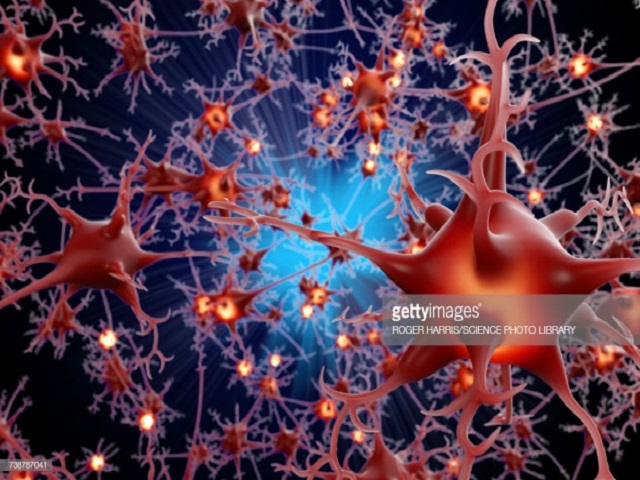Neuroscience, Cognitiond and Education
Coordinator: Profa. Dra. Dalva Poyares (email: dpoyares@gmail.com)
Neuroscience encompasses knowledge from health sciences, human sciences and exact sciences ultimately applied to clinical, industrial and educational areas. Learning is influenced by disability, low cognitive stimulation, low socioeconomic level, stress and genetic susceptibility to disorders affecting neuronal development. Considering that Brazil has low performance in the international ranking of education, it is pressing to minimize the impact of factors that harm cognitive development through the integration of knowledge of the neurosciences. We propose approaches backed by scientific evidence together with the best global centers which will allow us: a) to analyze manifestations of cognitive behavioral b) improve the detection factors causing cognitive impairment c) to perform interventions that promote improvement of cognition and education d) to enhance international projection in scientific production. Therefore, translational, behavioral, educational, statistical, epidemiological and neurotechnological techniques will be employed through three axes.
In this setting, the university proposes the establishment of 3 strategies of research for internationalization in the themes:
1- Neural plasticity in teaching-learning processes: neuroplasticity implies in evaluating the educational means to develop the learning potential of the individual. Therefore, professionals from different areas will act to develop translational research to enhance educational practices;
2- New paradigms for diagnosis and intervention in neurodevelopment and neurodegenerative disorders: the focus on prevention, diagnosis and intervention in development and neurodegenerative disorders is important for the clinical prognosis and development of health policies. The translational aims to develop and improve innovative techniques for the promotion of positive neuroplasticity. Neural restructuration (recovery of lost neuronal functions or increased efficacy) is crucial for the treatment of these disorders;
3- Technologies for Modulation, Recording and for Neurocognitive Therapies: computer processing applied mathematical procedures capable of simulating physiological processes, developing techniques capable of mimicking cognitive processes and expand functionality. The development of neurotechnologies in our country depends on the interaction between different sectors of basic and applied neuroscience, as well as on the international cooperation with centers of excellence, focusing on scientific and technological “deliverables”.
Partner countries: Ireland; Switzerland; Canada; United States of America; United Kingdom; Netherlands; France; Italy.
Graduate Programs
Research Projects
Coordinator: Prof. Dr. Claudia Berlim de Mello (email: cberlimmello@gmail.com)
Coordinator: Prof. Dr. Dalva Lucia Rollemberg Poyares (email: dpoyares@gmail.com)
Coordinator: Prof. Dr. Ricardo Mario Arida (email: ricardomarioarida@gmail.com)



